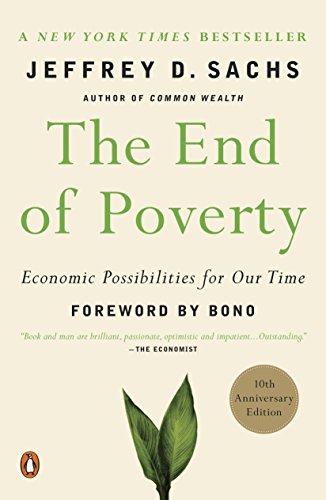

Most ebook files are in PDF format, so you can easily read them using various software such as Foxit Reader or directly on the Google Chrome browser.
Some ebook files are released by publishers in other formats such as .awz, .mobi, .epub, .fb2, etc. You may need to install specific software to read these formats on mobile/PC, such as Calibre.
Please read the tutorial at this link: https://ebookbell.com/faq
We offer FREE conversion to the popular formats you request; however, this may take some time. Therefore, right after payment, please email us, and we will try to provide the service as quickly as possible.
For some exceptional file formats or broken links (if any), please refrain from opening any disputes. Instead, email us first, and we will try to assist within a maximum of 6 hours.
EbookBell Team

4.1
50 reviewsLaura Smith argues that if there is any segment of society that should be concerned with the impact of classism and poverty, it is those within the “helping professions”—people who have built their careers around understanding and facilitating human emotional well-being. In this groundbreaking book, Smith charts the ebbs and flows of psychology’s consideration of poor clients, and then points to promising new approaches to serving poor communities that go beyond remediation, sympathy, and charity. Including the author’s own experiences as a psychologist in a poor community, this inspiring book:
* Shows practitioners and educators how to implement considerations of social class and poverty within mental health theory and practice.
* Addresses poverty from a true social class perspective, beginning with questions of power and oppression in health settings.
* Presents a view of poverty that emerges from the words of the poor through their participation in interviews and qualitative research.
* Offers a message of hope that poor clients and psychologists can reinvent their relationship through working together in ways that are liberating for all parties.
Laura Smith is an assistant professor in the department of Counseling and Clinical Psychology at Teachers College, Columbia University.
“Gripping, heartbreaking, and ultimately hopeful, [this]is an impassioned charge to mental health professionals to advocate in truly helpful ways for America’s poor and working-class citizens . . . beautifully written and structured in a way that provides solid information with digestible doses of in-your-face depictions of poverty . . . Smith’s appeal to the healing profession is a gift. She envisions a class-inclusive society that shares common resources, opportunities, institutions, and hope. Smith’s book is a beautiful, chilling treatise calling for social change, mapping the road that will ultimately lead to that change. . . . This inspired book . . . is not meant to be purchased, perused, and placed on a shelf. It is meant to be lived. Are you in?”
— PsycCRITIQUES magazine
“Smith does not invite you to examine the life of the poor; she forces you to do it. And after you do it, you cannot help but question your practice. Whether you are a psychologist, a social worker, a counselor, a nurse, a psychiatrist, a teacher, or a community organizer, you will gain insights about the lives of the people you work with.”
—From the Foreword by Isaac Prilleltensky , Dean, School of Education, University of Miami, Florida
“This groundbreaking book challenges practitioners and educators to rethink dominant understandings of social class and poverty, and it offers concrete strategies for addressing class-based inequities. Psychology , Poverty, and the End of Social Exclusion should be required reading for anyone interested in economic and social justice.”
— Heather Bullock , University of California, Santa Cruz
**
“This groundbreaking book . . . should be required reading for anyone interested in economic and social justice.”
― Heather Bullock , University of California, Santa Cruz
“Whether you are a psychologist, a social worker, a counselor, a nurse, a psychiatrist, a teacher, or a community organizer, you will gain insights about the lives of the people you work with.”
―From the Foreword by Isaac Prilleltensky , Dean, School of Education, University of Miami, Florida
Laura Smith is an assistant professor in the department of Counseling and Clinical Psychology at Teachers College, Columbia University.